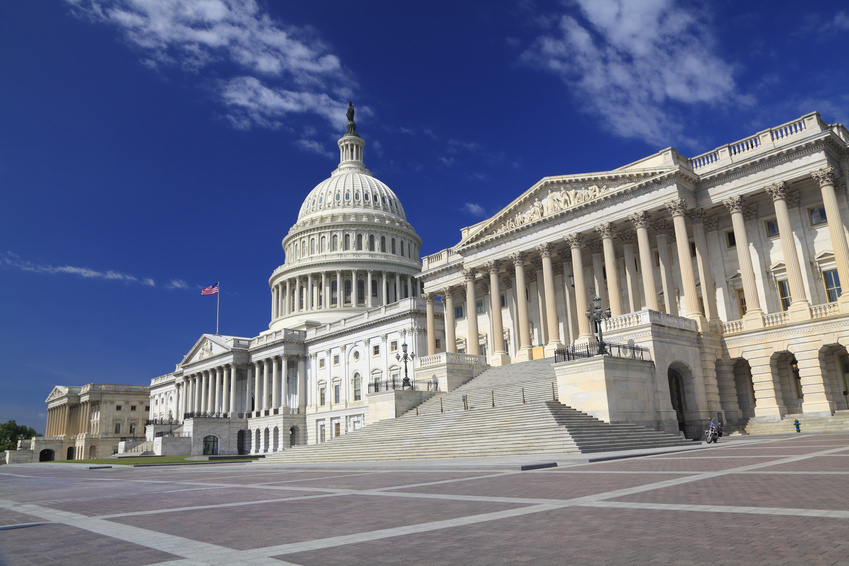Norway has implemented the Transparency Act, coming into force on 1 July 2022, which obligates larger enterprises to comply with fundamental human rights and decent working conditions in the supply chain in Norway.
In two recent cases, the Court of Appeal has provided some guidance on the test to determine if someone is an employee for tax purposes. In doing so, it considered and, in some key respects, distinguished the approach taken when determining whether someone is an employee or worker for the purposes of employment rights. The result may well be a different answer when determining status for tax purposes from the answer for the purposes of employment rights.
On 24 February 2022, the Russian Federation launched a full-scale military invasion of Ukraine. The martial law is in effect in Ukraine since then. As a result, special legislation has been adopted in various areas, including that directly affecting business activity. Baker McKenzie lawyers are pleased to present the fourth edition of Ukrainian Laws in Wartime: Guide for International and Domestic Businesses, a brief overview of the key features of wartime legislation.
The Regulator has responded to its September 2021 consultation on three draft policies relevant to how it will exercise its new anti-avoidance powers, which are intended to help protect defined benefit savings. The most recent policies follow on from the policy on the investigation and prosecution of the new criminal offences, which was published in September 2021 and provide further guidance on three specific areas: overlapping powers, the new GBP 1million civil penalty and information gathering. Separately, the Regulator has also issued a new consultation on two policies consolidating and updating certain existing policies on enforcement and prosecution.
The settlement of employment disputes include, as standard practice, the addition of a confidentiality clause to settlement agreements. However, what happens when an employee breaches such an agreement by disclosing confidential information during legal proceedings or where the information pertains to wrongdoing by the employer? The Labor Appeal Court in South Africa recently considered this matter.
In our previous article, we discussed the substantial elements in the “S” of the ESG (Environment, Social and Governance) movement in terms of human rights due diligence (HRDD), its importance, and background. In this article, we will take an in-depth look at recent international HRDD trends.
Securities law reforms aimed at making it easier for businesses to implement employee share schemes have been adopted and will become effective on 1 October 2022. Originally announced last year, the reforms change the way in which offers under employee share schemes are regulated. It is expected that the new law will replace the current exemptions from prospectus and licensing requirements contained in ASIC Class Orders 14/1000 and 14/1001.
A campaign to improve diversity must be fought on many fronts. In May 2022, a panel of I&D experts, including best-selling author Dr. Stefanie Johnson, discussed the findings of the report Mind the Gap: Insights from Global Employment Leaders and the steps diversity and HR leaders are taking to accelerate I&D progress and the challenges they are encountering.
Today’s remote working environment can lead to unexpected complications when employers seek to prevent the disclosure of trade secrets or enforce restrictive covenants. Stephen Ratcliffe (Partner, London) outlines some of the key trade secrets issues that arise in remote working scenarios and provides practical tips for avoiding common pitfalls.
This week Florida’s two senators, Marco Rubio and Rick Scott, introduced a bill imposing several China specific public disclosure obligations, including disclosures related to sourcing activities related to products utilizing forced labor from Xinjiang, China. The Bill would apply to all publicly traded companies and supplements the proposed SEC environmental, social and governance disclosures, and the Uyghur Forced Labor Prevention Act, which will come into effect in June 2022.



